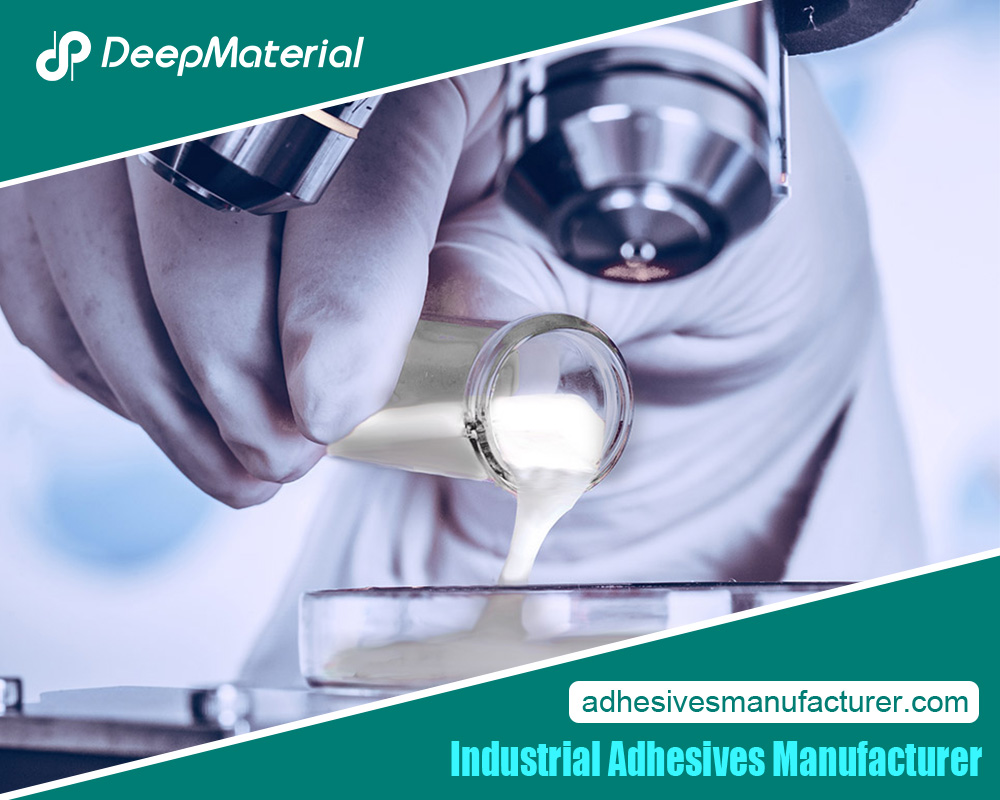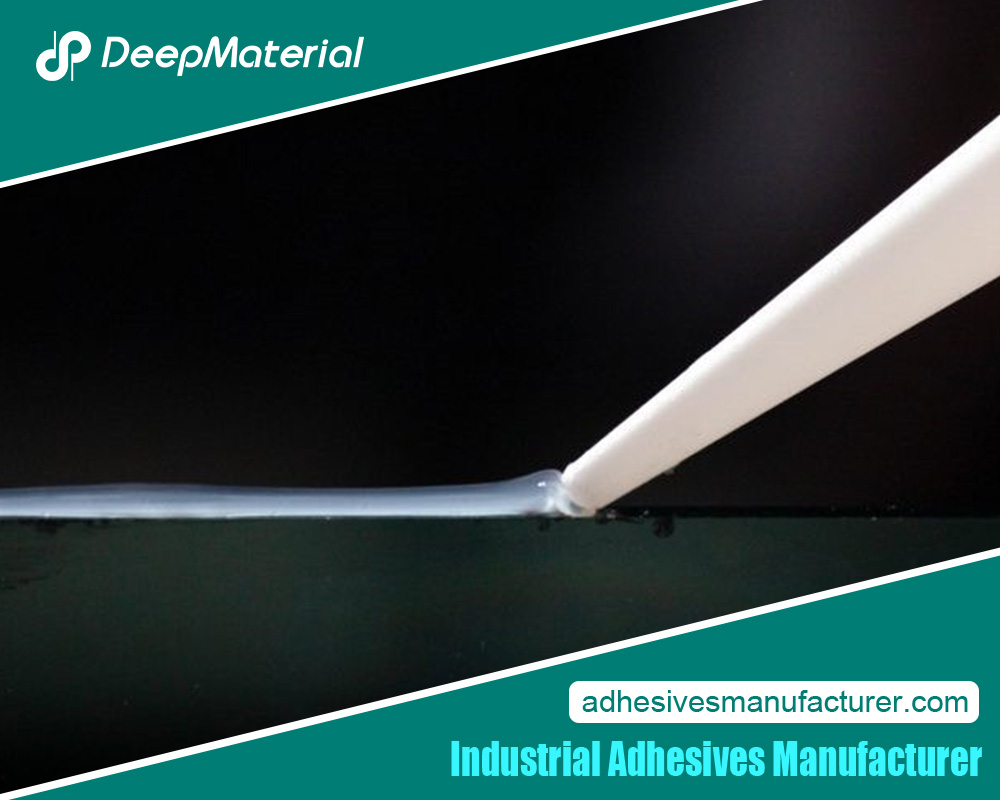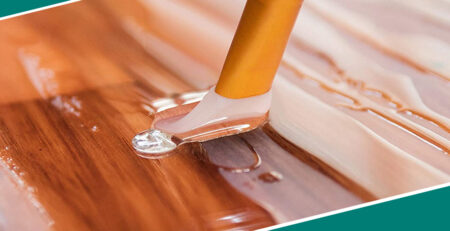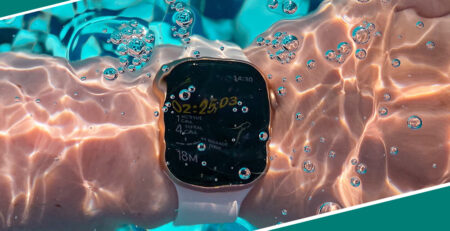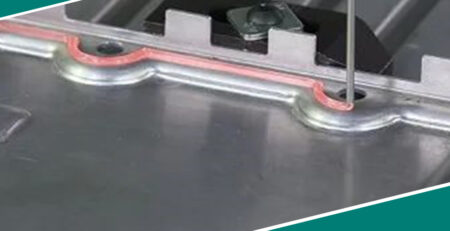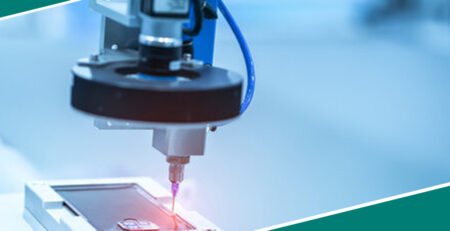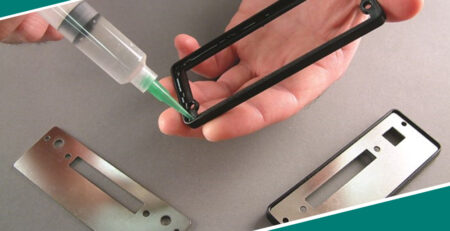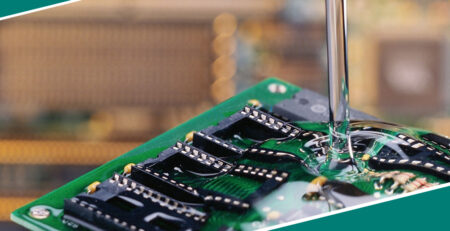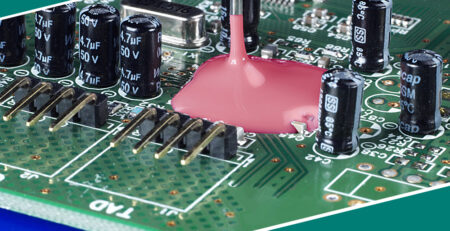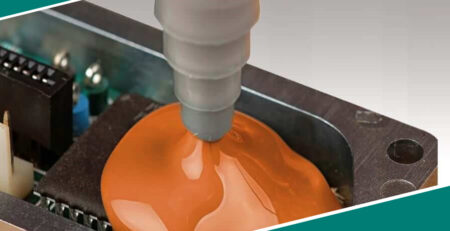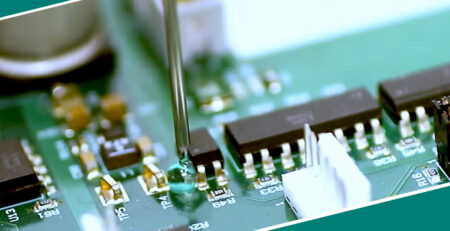Industrial Electronic Component Adhesive Manufacturers
Industrial Electronic Component Adhesive Manufacturers
The industrial electronics sector relies heavily on adhesives to ensure components remain firmly bonded, perform reliably, and resist environmental stresses. Adhesives serve as a cornerstone in securing circuits, protecting components, and allowing devices to be miniaturized. Manufacturers who specialize in these industrial-grade adhesives have developed a range of solutions to cater to electronics’ unique requirements, such as thermal conductivity, electrical insulation, and environmental protection. This article will explore the role, characteristics, and prominent manufacturers of industrial adhesives for electronic components.
The Role of Adhesives in Industrial Electronics
Adhesives in the electronics industry are essential in ensuring the integrity and functionality of components, especially as devices become smaller and more complex. Here are some of the primary applications of adhesives in this field:
- Component Assembly: Adhesives bond electronic components onto printed circuit boards (PCBs) and other substrates, ensuring the parts remain in place during manufacturing and operation.
- Thermal Management: Electronics often generate heat that can damage sensitive components. Adhesives with thermal conductivity properties help dissipate heat away from critical areas, extending the device’s life.
- Electrical Insulation: Adhesives can serve as electrical insulators, preventing accidental contact between conductive elements and reducing the risk of short circuits.
- Environmental Protection: Many electronics are exposed to harsh conditions like moisture, dust, and chemicals. Adhesives can create a protective barrier that guards against these environmental factors.
- Vibration Dampening: Adhesives that dampen vibrations benefit industrial electronics used in high-impact or mobile environments, reducing stress on connections and enhancing device longevity.
Industrial electronic adhesive manufacturers have thus focused on developing products that can perform these functions effectively under challenging conditions.
Critical Characteristics of Industrial Electronic Adhesives
Not all adhesives are suitable for industrial electronics. The choice of adhesive depends on several critical factors that influence electronic device performance, durability, and reliability. Here are some of the most essential characteristics these adhesives must exhibit:
- High Thermal Conductivity: Electronics can become overheated during prolonged use, making heat dissipation essential. Adhesives with high thermal conductivity help transfer heat away from components, improving performance and safety.
- Electrical Insulation: Adhesives used in circuit boards and similar applications must offer high electrical resistance to avoid short circuits and ensure that the current flows only where it is intended.
- Chemical Resistance: Many industrial environments expose electronics to harsh chemicals. Adhesives with high chemical resistance prevent degradation from exposure to oils, solvents, and other potentially damaging substances.
- Flexibility and Durability: In applications where devices are exposed to vibrations or mechanical stresses, adhesives must remain flexible to absorb these impacts without cracking or losing their bond strength.
- Fast Curing and High Bond Strength: Fast-curing adhesives reduce production times for manufacturers, while high bond strength ensures that components remain securely attached during operation.
- UV and Moisture Resistance: Electronics exposed to the environment, such as outdoor or automotive components, benefit from adhesives that resist UV radiation and moisture, preventing premature aging and failure.
Manufacturers of industrial adhesives continuously innovate to improve these characteristics and meet the evolving demands of the electronics sector.
Prominent Manufacturers of Industrial Electronic Adhesives
Several leading manufacturers focus on developing industrial-grade adhesives tailored for electronic applications. Below are some prominent companies recognized for their expertise, quality, and innovations in this field:
Henkel Corporation
Henkel is one of the most recognized names in the adhesive industry, with a wide range of products for electronics. Its LOCTITE brand offers specialized adhesives for electronic assembly, including thermal management and electrically conductive adhesives. Henkel’s solutions are tailored for applications ranging from consumer to high-performance industrial electronic adhesives, providing durability and reliability under various conditions.
3M
3M is known for its vast portfolio of adhesive solutions, including those designed specifically for electronic components. The company offers conductive adhesives, heat-dissipating adhesives, and high-strength tapes suitable for circuit boards and semiconductor assembly. 3 M’s products are also notable for their ease of application and curing efficiency, which make them popular in high-volume manufacturing.
Dow
Dow provides a range of silicone-based adhesives known for their thermal stability and flexibility, which are ideal for electronic components exposed to temperature variations. Dow’s portfolio includes encapsulants, sealants, and thermal management adhesives commonly used in automotive electronics and industrial control systems, where environmental durability is essential.
LORD Corporation
LORD Corporation, a part of Parker Hannifin, specializes in vibration and impact-resistant adhesives, which are highly valued in industrial and automotive applications. LORD’s electronic adhesives are designed to withstand high-stress environments, making them suitable for bonding sensitive electronics in demanding conditions.
H.B. Fuller
H.B. Fuller offers a variety of industrial adhesives, including those specifically designed for electronic applications. The company’s adhesives are noted for their high bond strength and flexibility, which provide excellent protection for electronics used in manufacturing equipment, medical devices, and telecommunication systems.
Permabond
Permabond manufactures a range of adhesives for electronic assembly, offering cyanoacrylates for quick bonding and epoxies for more durable applications. Their product lineup also includes thermally conductive adhesives and UV-curable adhesives, which are beneficial for high-speed assembly lines in the electronics industry.
Panacol-Elosol GmbH
Panacol specializes in UV-curable adhesives for electronic component assembly. The adhesives offer strong bonding capabilities and rapid curing times, making them ideal for high-throughput manufacturing. Panacol’s products are frequently used in optical devices, medical electronics, and microelectronics.
Future Trends and Innovations in Industrial Adhesives for Electronics
The demand for innovative adhesive solutions is growing with the continuous advancement of the electronics industry. Several trends are shaping the future of industrial adhesives for electronics, including the following:
- Development of Biodegradable Adhesives: As environmental concerns increase, there is a push towards developing environmentally friendly adhesives. Biodegradable adhesives could reduce waste in the electronics industry, especially in single-use electronics.
- Improved Thermal Management Solutions: The shift towards more powerful electronic devices has intensified the need for advanced thermal management adhesives. Research is ongoing into developing materials with even higher thermal conductivity to dissipate heat in high-power electronics efficiently.
- Nano-Enhanced Adhesives: Nanotechnology is being integrated into adhesives to improve their properties. Nano-enhanced adhesives can offer excellent conductivity, improved strength, and resistance to environmental factors.
- Flexible and Stretchable Adhesives: With the rise of wearable electronics and flexible devices, manufacturers focus on adhesives that can stretch and bend without compromising their bonding strength.
- Conductive Adhesives as Solder Replacements: Conductive adhesives can replace traditional soldering processes, reducing the risk of thermal damage to components. They are particularly useful for temperature-sensitive applications.
- Automated Dispensing and Curing Technologies: Innovations in adhesive application methods make it easier for manufacturers to use these materials in large-scale production. Automated dispensing and rapid-curing technologies improve production efficiency and reduce waste.
As technology evolves, adhesive manufacturers will likely continue innovating, creating solutions that address the challenges of emerging electronic devices.
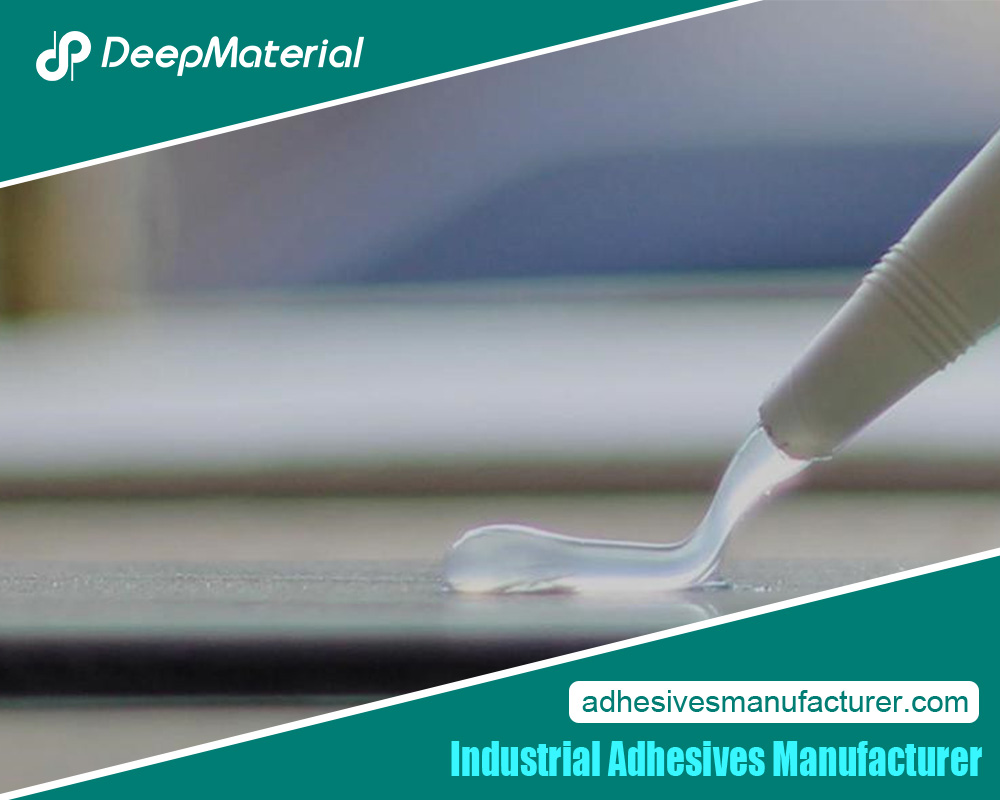 Conclusion
Conclusion
Industrial electronic component adhesives play a critical role in electronic device assembly, protection, and performance. These adhesives are essential for reliable and durable electronics, from bonding components to managing heat and insulating electrical connections. Leading manufacturers such as Henkel, 3M, Dow, and LORD Corporation have developed specialized adhesives that meet the unique demands of industrial electronics, continually improving their products to enhance performance, safety, and environmental sustainability.
With devices’ ongoing miniaturization and the demand for higher performance, the industrial electronics sector is set to benefit from advances in adhesive technology. Future developments will likely focus on environmentally friendly formulations, enhanced thermal management, and flexible solutions for wearable and flexible electronics. As these innovations come to market, the reliability and versatility of industrial electronic components will continue to improve, driven by the contributions of adhesive manufacturers who remain at the forefront of this essential industry.
For more about a complete guide to industrial electronic component adhesive manufacturers, you can pay a visit to Deepmaterial at https://www.adhesivesmanufacturer.com/ for more info.

